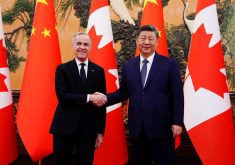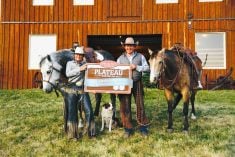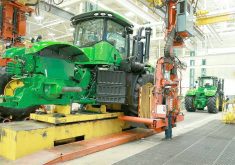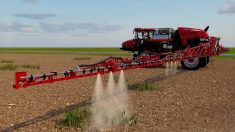The old saying “too much of a good thing” doesn’t seem to apply to Alberta’s beef-packing companies. The Feb. 11th announcement that XL Foods (a Nilsson Bros. company) will receive $1.6 million in Growing Forward/ALMA funding over the next two years to increase the value-added production capacity of their Lakeside, Brooks plant follows hot on the heels of the December $3 million gift to Cargill Meat Solutions to “improve operational efficiencies” at its High River Plant.
In a province that prides itself in “free market” ideals these actions are proof that in Alberta the facts are negotiable, as long as the ideology stands.
Read Also
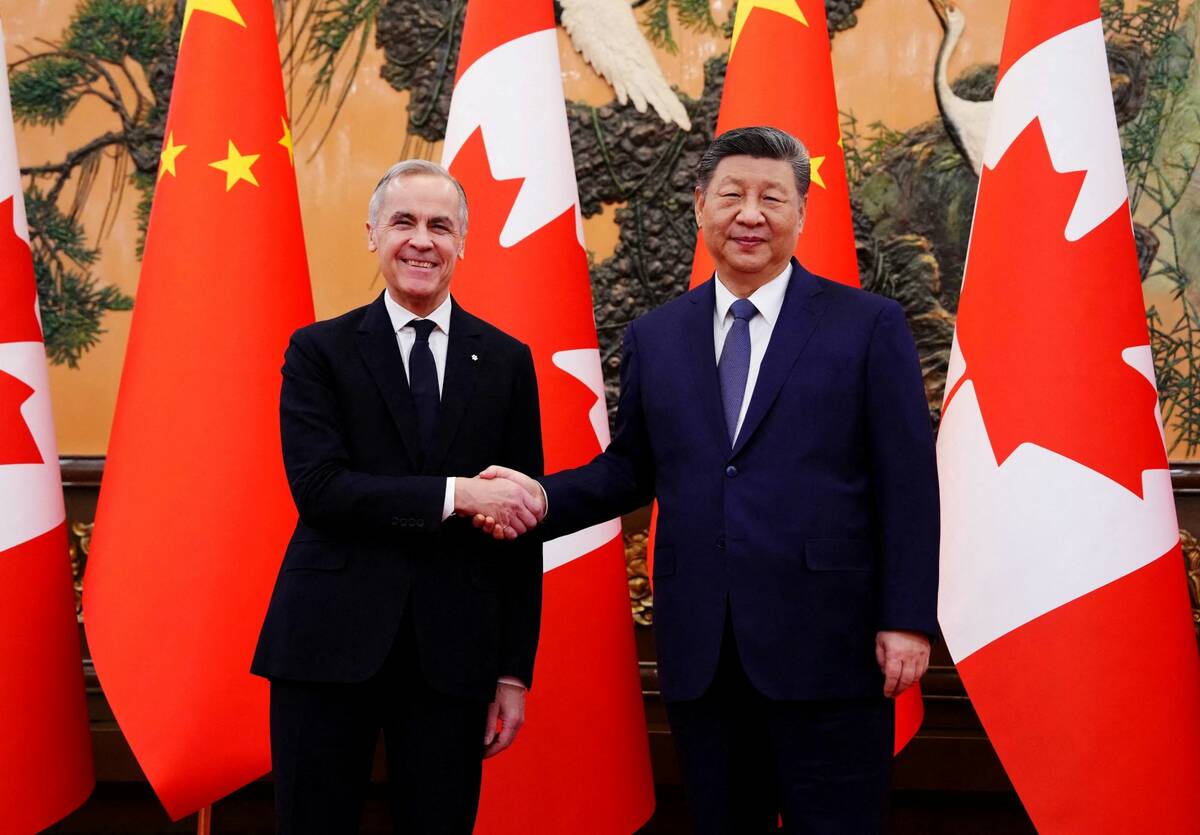
Pragmatism prevails for farmers in Canada-China trade talks
Canada’s trade concessions from China a good news story for Canadian farmers, even if the U.S. Trump administration may not like it.
As both these plants were built in Alberta initially with the benefit of subsidies, a sense of entitlement seems to have been afforded them which doesn’t appear to apply to new entrants in the beef-processing sector. During the BSE crisis the owners of these two plants received tens of millions of dollars direct compensation in addition to the windfall gains through manipulating market prices to siphon off compensation payments intended for cattle producers. The icing on the cake was utilizing the captive supply situation created by the U.S. border closure to procure Canadian cattle cheaply and sell boxed beef into the hottest market the U.S. had ever seen.
This is particularly galling to cattle producers, especially cow-calf operators who bore the brunt of the losses after BSE. Many of these ranchers approached the Alberta Government with proposals to build producer-owned or controlled packing plants with the intention of creating more competition for live cattle, accessing new markets and enhancing producers returns. Almost without exception these requests for financial backing, even simple bridge financing, were turned down.
Seven years later our beef sector has been gutted of equity, greatly reduced in size and the government policy of subsidizing the established mega-packers has clearly failed. Indeed their financial support of the established packers whilst denying support to smaller scale producer initiatives has accelerated the pace of consolidation and significantly reduced competition in the sector.
The press release accompanying the latest XL Foods subsidy payment highlights the government’s incompetence. To describe an increase in the ground beef production capacity as a “value added” move does a great discredit to all involved. There is nothing you can do with beef that is less value added than grind it, yet this earns XL Foods accolades and million-dollar subsidies while ambitious plans by producers to raise and process their own animals into high-value overseas markets were met by a total lack of support from the same government.
How ironic that in the recent throne speech the Government recognized the need to diversify markets into Asia and rely less on the U.S. – something ranchers told them in 2004 – yet the subsidies continue to be directed at maintaining the status quo.
It seems you don’t even need to buy lottery tickets when you are one of the exclusive group of government-backed packers in Alberta – the multi-million dollar cheques just roll in regardless.
———
Inaprovincethatprides itselfin“freemarket” idealstheseactionsare proofthatinAlberta thefactsarenegotiable, aslongastheideology stands.


